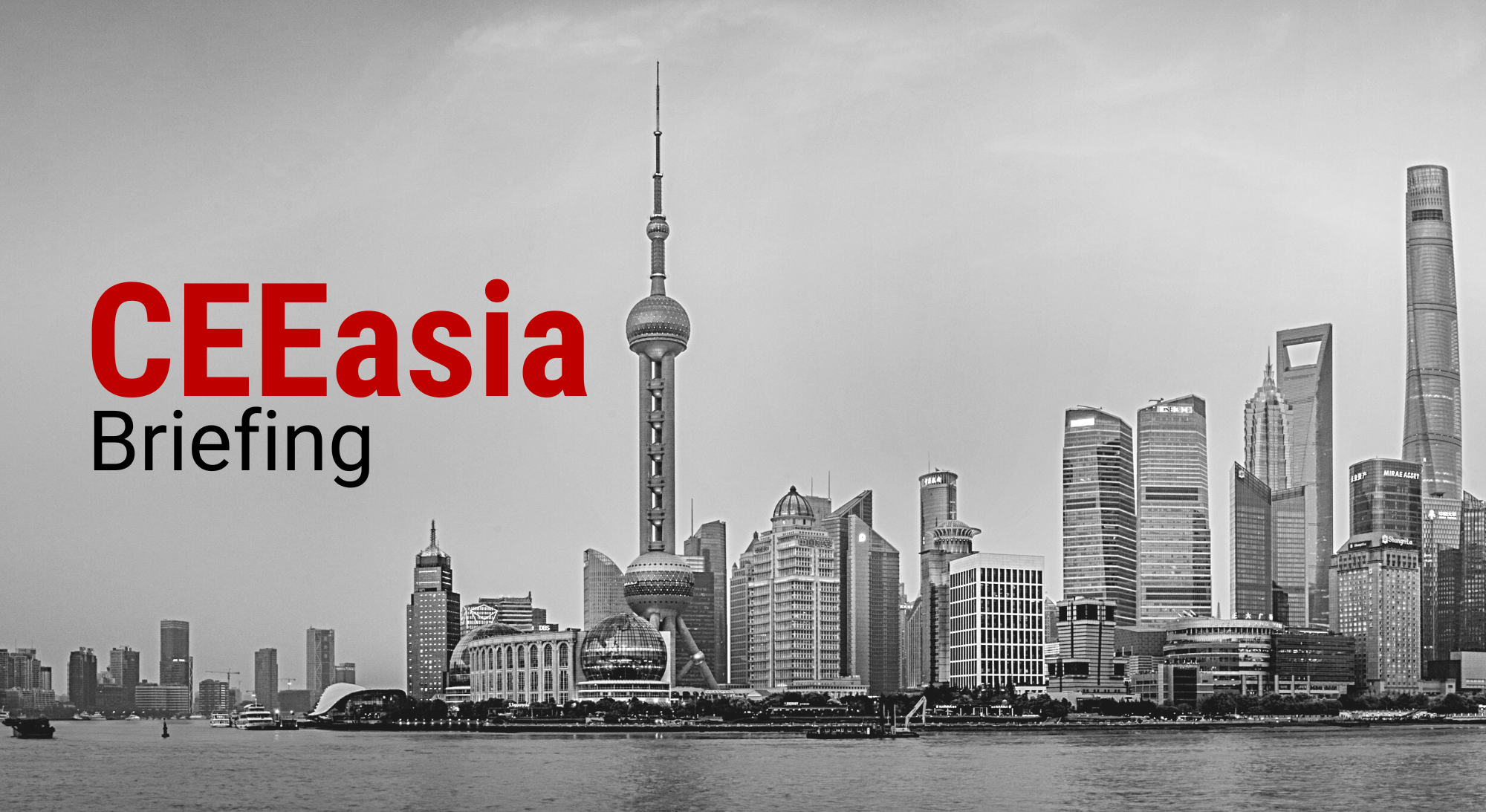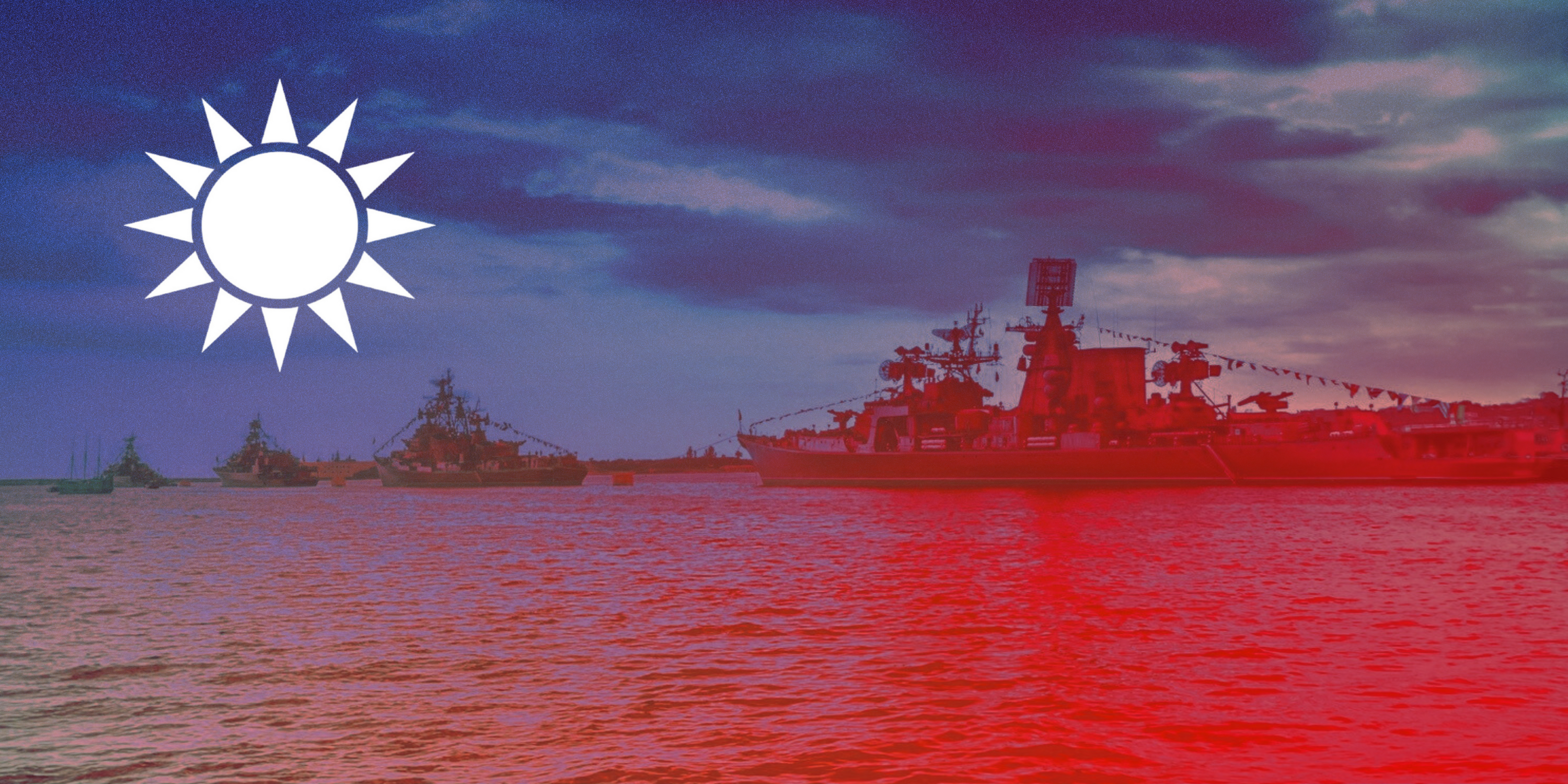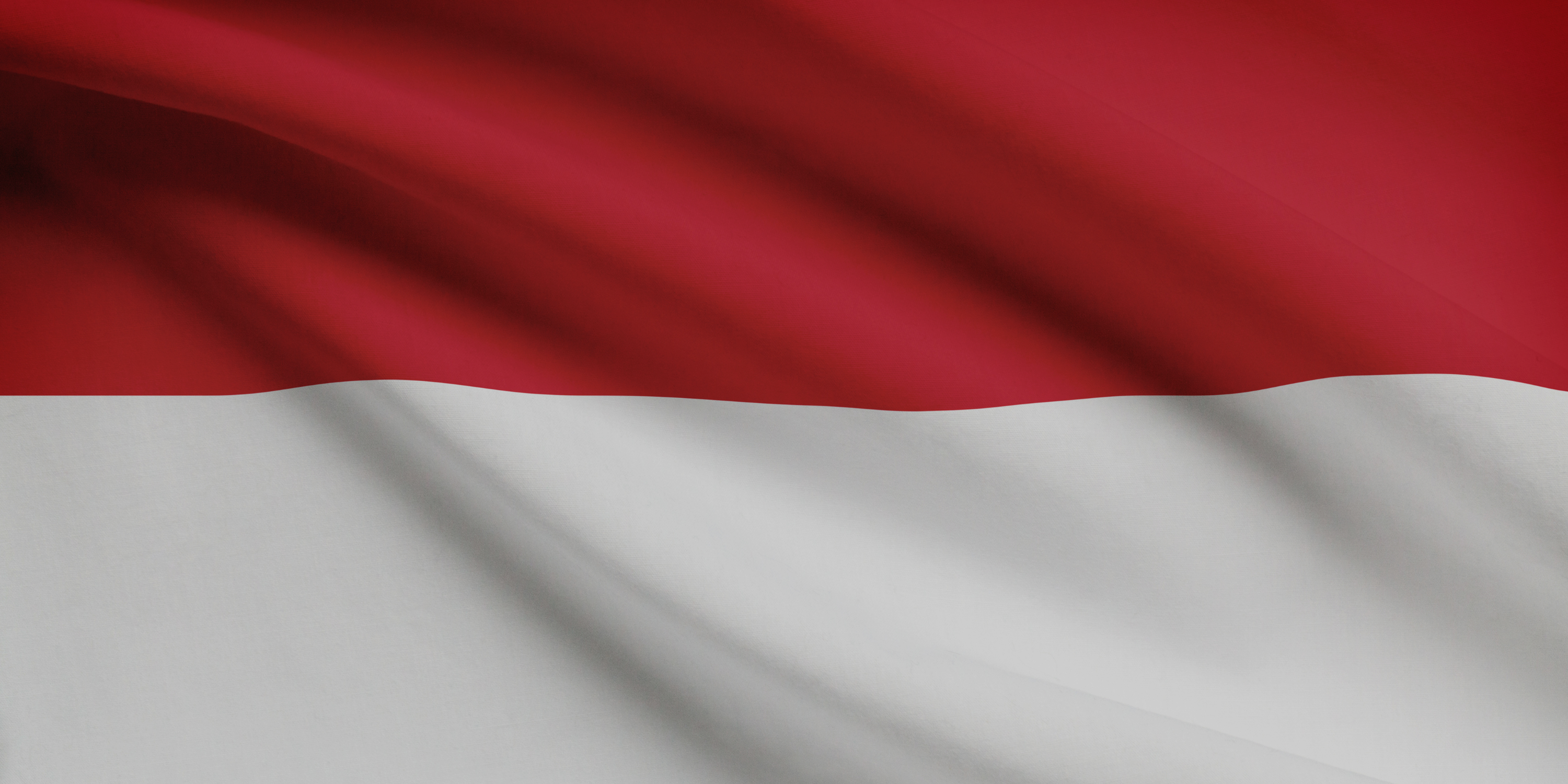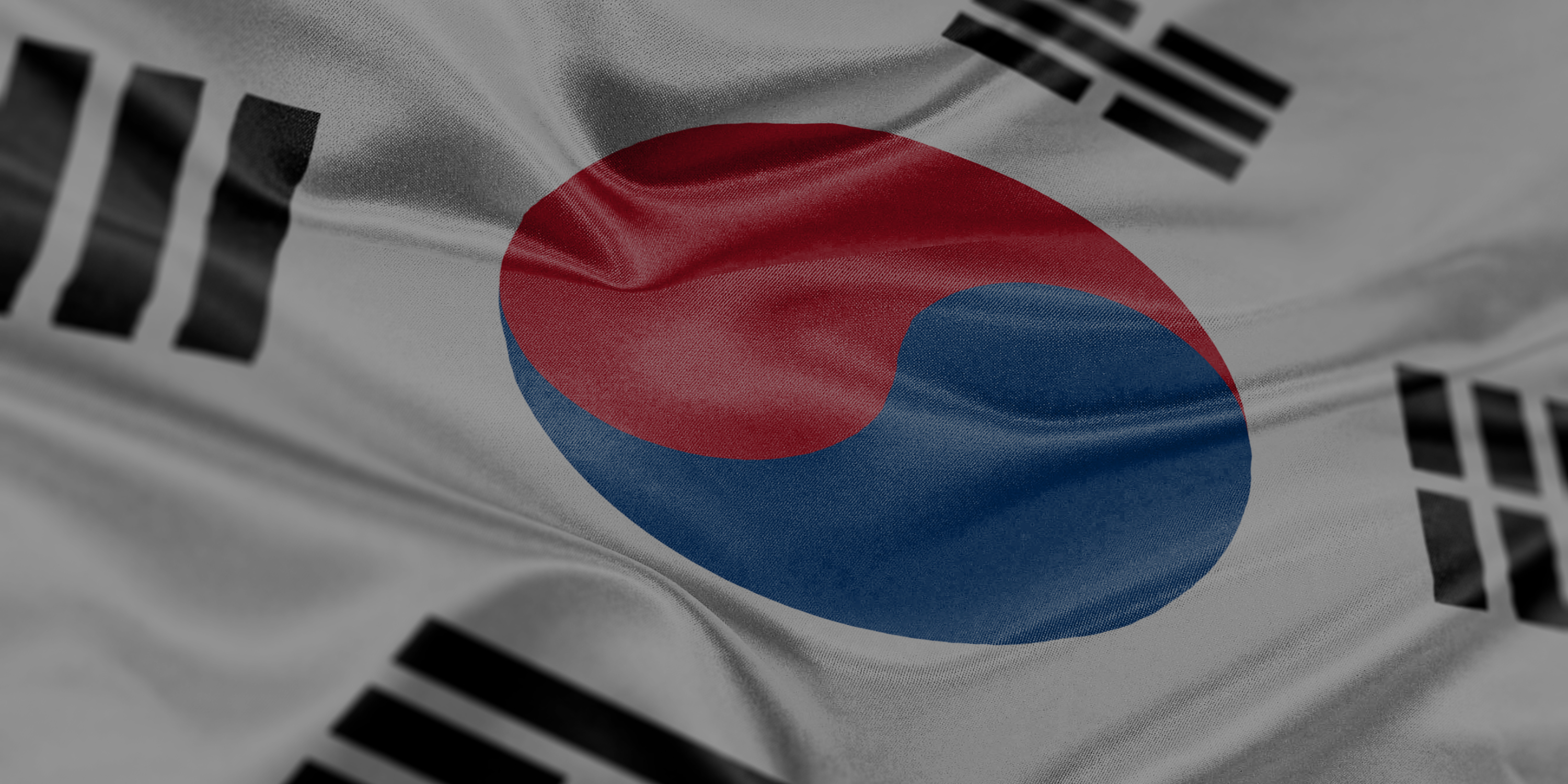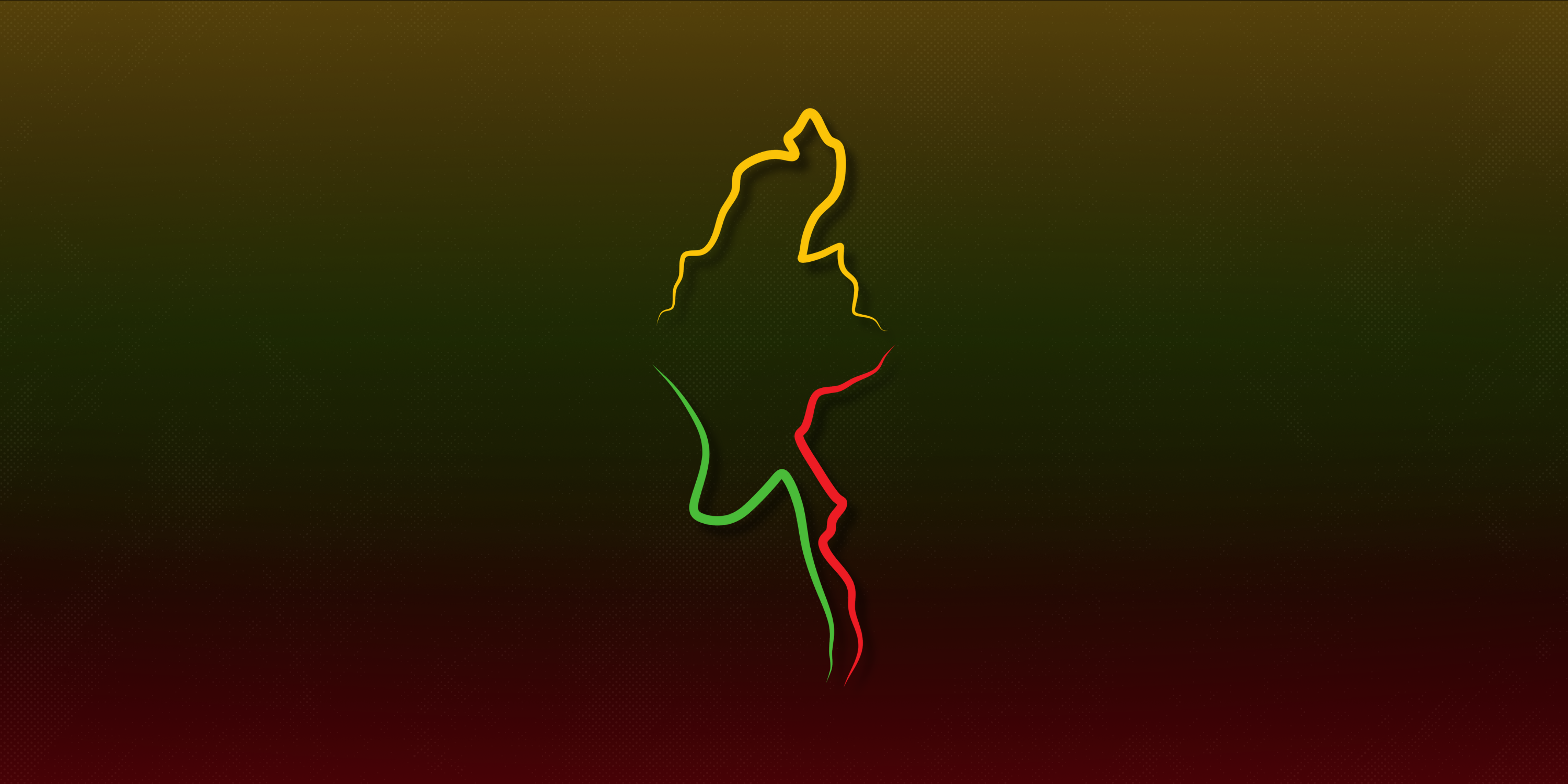Welcome to the 38th issue of the #CEEasia Briefing.
In this issue, we dissect the following topics:
- Hungary’s support for China’s peace proposal for Ukraine
- A new era in Czech-Taiwanese relations
- Strengthened cooperation between Poland and South Korea
If you like what you see, please forward this message to your friends and colleagues who can subscribe here.
Do you need to know more about East Asia? Don’t hesitate to shoot us a message about custom analysis tailored to your needs.
1. Hungary’s support for China’s Ukraine peace proposal
What’s going on? China has released a 12-point document proposing a framework for a political settlement to the war in Ukraine. But unlike the rest of the EU, Hungary, which is considered to be Beijing’s closest ally in Europe, did not condemn Beijing’s proposal but expressed openness to cooperate on the Chinese “peace plan”.
Going deeper… The document repeats Beijing’s support for the UN Charter and the territorial integrity of states, condemns unilateral sanctions and criticizes the expansion of the US-led military alliances. It asks to respect sovereignty and territorial integrity of all countries without explicitly asking for a withdrawal of the Russian troops from Ukrainian territory. The US, EU, and NATO leaders do not see credibility in China’s attempt at peace. Ukrainian President Volodymyr Zelenskyy, however, has cautiously accepted Beijing’s proposal in what appears to be an effort to maintain an open dialogue with China and prevent Beijing from providing arms to Russia.
Moreover… The Eastern Opening, including pragmatic cooperation with China, is a fundamental element of Hungary’s foreign policy. Recently, Chinese State Councillor Wang Yi held talks with Prime Minister Viktor Orbán and Foreign Minister Péter Szijjártó. And whilst planning to visit Beijing in the autumn, Orbán has never made a symbolic journey to Kyiv. Instead, he officially visited Serbia, the European country most closely aligned with Russia.
This means… Orbán’s political trajectory is out of step with foreign policy of the other 27 member states. He previously refused to permit the transfer of “lethal weapons” to Ukraine through Hungarian territory, and attempted to impede the widening of EU sanctions against Russia. Hungary also changed its stance and joined the €18 billion macro-financial assistance to Ukraine only after President Zelenskyy rejected its individual assistance and the country was increasingly faced with a risk of losing EU funding for its national recovery plan. That said, while Orbán does not openly express support for president Zelenskyy and has fostered close economic and political ties with Moscow and Beijing, his rhetoric is not clearly anti-Ukraine; rather it is an attempt to play both sides whilst scoring political points at home.
Further reading:
POLITICO: Orbán backs China’s Ukraine peace plan
SCMP: Breaking with EU, Hungary’s leader backs China’s peace proposal for Ukraine war
2. A new era in Czech-Taiwanese relations?
What’s going on? Following the unprecedented 15-minute phone call between the newly inaugurated Czech President Petr Pavel and Taiwanese President Tsai Ing-wen, Czech Speaker of the Chamber of Deputies Markéta Pekarová Adamová is due to lead a business and academic delegation to Taiwan at the end of March.
Going deeper… Pekarová Adamová also defended the Pavel-Tsai call, which was met with strong opposition from Beijing. She echoed Pavel’s remarks that, as a sovereign country, Czechia has a right to deepen cooperation with other countries based on its own foreign policy priorities, without altering its foreign policy stance towards China.
Simultaneously… Whilst maintaining its One-China policy, Czechia, as well as other CEE countries, are becoming increasingly skeptical of its engagement with China. Indeed, the National Cyber and Information Security Agency (NÚKIB) has reportedly made further progress towards its 2018 proposal to ban Huawei from Czechia’s telecommunications networks.
This means… Following the first period of noticeably warm relations between Czechia and Taiwan under the country’s first post-communist president, Václav Havel, there is a new momentum for further development of their relations under the new President Pavel. His foreign policy stance marks a stark departure from the China-centric stance of his predecessor Miloš Zeman. Moreover, whilst Havel faced opposition from other executive branches, Pavel’s stance is aligned with the priorities of the current Czech government. This opens new opportunities for economic diplomacy for Taiwan, which will need to seize this momentum and deliver on specific projects.
Further reading:
CEIAS: Beyond the Dumpling Alliance: Tracking Taiwan’s relations with Central and Eastern Europe
CEIAS: EU-Taiwan Tracker
DW: Taiwan: Czech Republic president-elect elevates ties
Radio Prague International: Pekarová Adamová: Taiwan situation could soon echo that in Ukraine
3. Growing military cooperation between South Korea and Poland
What’s going on? In February, South Korean Defense Minister Lee Jong-sup visited his Polish counterpart Mariusz Blaszczak in Warsaw, seeking deepening of security cooperation. The ministers agreed to launch a ministerial dialogue on arms industry cooperation and joint military drills, following the deal on arms supplies the two countries signed in July last year. The agreement on stronger cooperation comes as South Korea is facing growing pressure from partners to take a more unequivocal stance against Russia in the war in Ukraine.
Going deeper… South Korea’s response to the Russian aggression in Ukraine has so far been lukewarm. Although Seoul has provided bulletproof vests, helmets and medical supplies to Ukraine, this was criticized for not being enough. In late January, the Secretary General of NATO Jens Stoltenberg visited South Korea, supposedly to persuade Seoul to provide Ukraine with combat weapons. But South Korea is unlikely to do that. Based on a presidential decree, the country should not supply weapons to countries in war, and there is certainly a strategic calculus to avoid potential backlash from Russia, China, and North Korea in particular.
This means… Last summer, Poland signed a deal to purchase 980 K2 Black Panther battle tanks, 648 K9 howitzers, and 48 FA-50 light attack fighter jets from South Korea to ramp up its deterrence against Russia. Some of the equipment was already delivered in December. Since Warsaw sent some of its older weapons to Ukraine in the meantime, there are speculations that South Korea indirectly provided military support to Ukraine and can do so through military cooperation with Poland in the future.
Further reading:
YONHAP: S. Korea, Poland agree to launch arms cooperation dialogue, joint drills
The Diplomat: South Korea and NATO: Seoul’s Strategic Calculus
Quick takes on CEEasia developments
CHINA | A consortium of Chinese companies and the government of Bosnia and Herzegovina’s autonomous Republika Srpska concluded a $190.5 million loan deal for the construction of the Brcko-Bijeljina section of a northern highway connecting the region with Serbia. This comes after an unsuccessful appeal to the European Bank for Reconstruction and Development.
TAIWAN | A delegation of high-level officials from Lithuania led by Vice Minister of Education, Science and Sport, Gintautas Jakštas, concluded a week-long visit to Taiwan to expand Lithuanian cooperation in biomedical technology with the island nation.
JAPAN | Japan has become the 26th WTO member to join the Multi-party Interim Appeal Arbitration Arrangement (MPIA). It was established as an alternative dispute settlement mechanism to the WTO Appellate Body, which has been in limbo since 2018. The move was welcomed by the EU’s Commissioner for Trade Valdis Dombrovskis, and observers hope that this may prompt others to follow Japan’s suit.
INDIA | During his visit to India, Lithuania’s Vice Minister of the Economy and Innovation, Karolis Žemaitis, emphasized intentions to strengthen cooperation with Delhi in high-tech, manufacturing, life sciences, and ICT.

